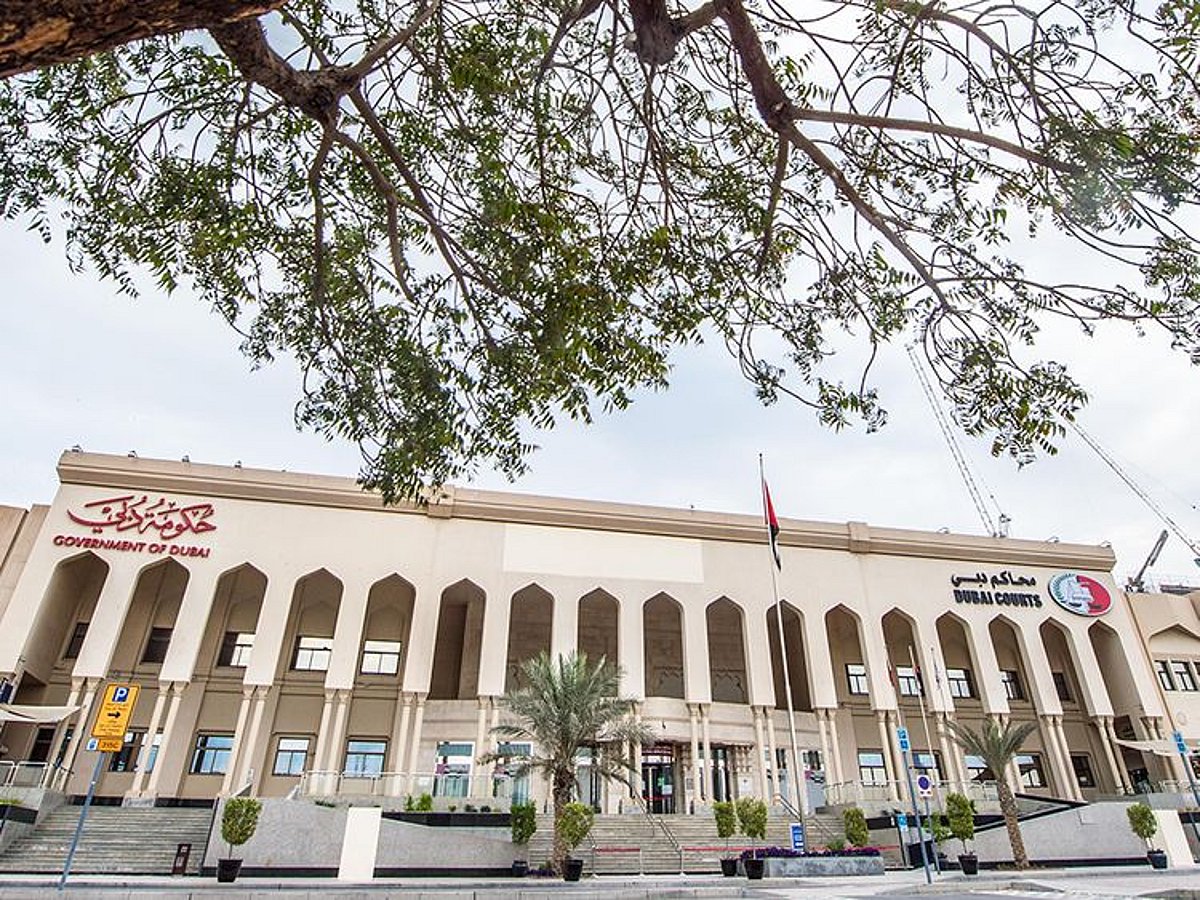Dubai Court Ends 25-Year Family Property Dispute
A recent ruling by the Dubai Civil Court has brought closure to a lengthy family dispute involving withheld rental income from jointly owned properties. The court ordered a Gulf national to pay Dh39.7 million to his brother and sister-in-law, marking the end of a 25-year conflict over property management and financial transparency.
Background of the Dispute
The case originated when a woman filed a lawsuit against her husband’s brother, claiming he had not shared rental proceeds from properties they co-owned since 1996. The defendant had been responsible for managing the properties, collecting rents, and failing to provide any financial statements to his relatives. This lack of communication and transparency led to significant mistrust and legal action.
Court Proceedings
The court combined three related lawsuits into a single case and appointed a financial expert to analyze the rental agreements and income generated from the properties over the years. The expert’s findings revealed that the wife was owed Dh6.25 million, while her husband was entitled to Dh14.2 million from four properties, in addition to Dh19.26 million from other shared real estate. This totaled the Dh39.7 million payout ordered by the court.
Legal Implications
The defendant attempted to argue that the case was time-barred, suggesting that the claims were no longer valid due to the passage of time. However, the court ruled that the withheld funds were not subject to such limitations, as they were considered trust assets. Legal expert Dr. Alaa Nasr emphasized that the court viewed the withheld rents as funds held in trust, which the defendant was obligated to return. His failure to do so was deemed a breach of fiduciary duty.
FAQs
What prompted the lawsuit against the defendant?
The lawsuit was initiated by a woman seeking her share of rental income from properties co-owned with her husband’s brother, who had managed the properties without sharing any financial information for over 25 years.
How did the court determine the amount owed?
The court appointed a financial expert to review the rental contracts and income records, which led to the determination that the total amount owed was Dh39.7 million, divided among the plaintiff and her husband.
What legal principles were involved in this case?
The court ruled that the withheld rental income constituted trust assets, meaning the defendant had a legal and moral obligation to distribute the funds to his co-owners, which he failed to do.
Conclusion
The Dubai Civil Court’s ruling not only resolves a long-standing family feud but also reinforces the importance of transparency and accountability in property management. The decision serves as a reminder of the legal obligations that come with managing shared assets, ensuring that all parties receive their rightful earnings. Moving forward, the affected parties can now seek to recover their funds and restore family relations.
The resolution of this case highlights the complexities often involved in family-owned property disputes, particularly when financial management is centralized in one individual. Such situations can lead to significant emotional and financial strain among family members, as seen in this instance where mistrust escalated over decades. The court’s ruling underscores the necessity for clear communication and regular financial reporting among co-owners to prevent similar disputes in the future.
In the broader context of property law in the UAE, this case illustrates the judiciary’s commitment to upholding principles of fairness and accountability. The ruling may serve as a precedent for similar cases, reinforcing the notion that fiduciary duties must be honored, especially in familial relationships where trust is paramount. Legal experts suggest that this case could encourage individuals involved in joint property ownership to establish formal agreements and regular audits to mitigate risks of future conflicts.
As the affected parties move forward, they may also consider mediation or other conflict resolution strategies to rebuild their familial ties. The court’s decision not only provides a financial remedy but also emphasizes the importance of maintaining healthy relationships in family dynamics, particularly when shared assets are involved. This case serves as a reminder that legal frameworks exist to protect individuals’ rights and ensure equitable treatment in property management.
Also Read:
Man Sentenced to One Month for Phone Theft in Dubai






